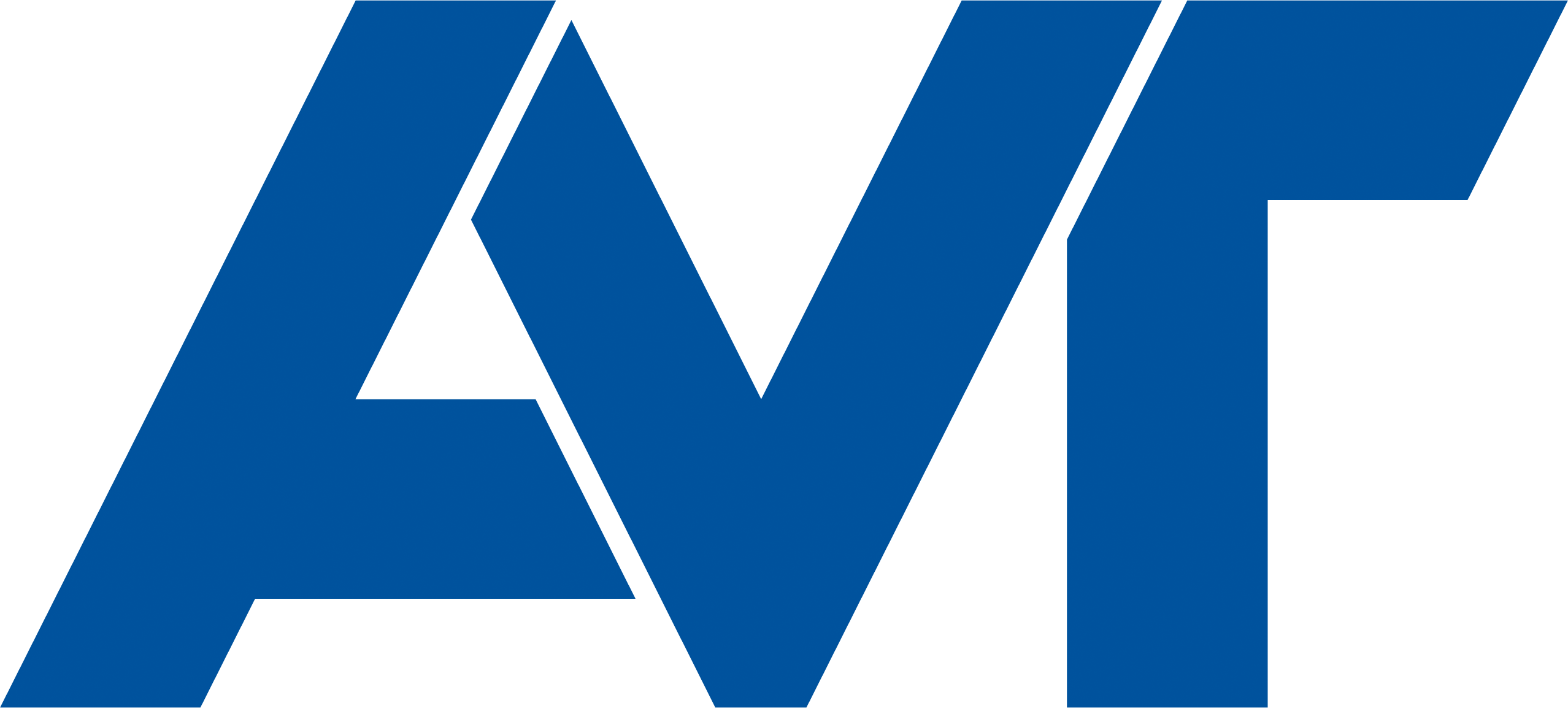May 2023
EAASI Webinar: Reducing the Carbon Footprint of Aerial Surveys.
The European Association of Aerial Surveying Industries (EAASI) hosted a highly anticipated webinar on "Reducing Aerial Survey Carbon Footprint" on May 26, 2023. This virtual event brought together industry experts and professionals to share experiences in implementing sustainable practices in aerial surveying.
The goal of the webinar was to raise awareness of the carbon footprint of aerial survey companies, provide valuable insights and strategies for reducing environmental impact, and discuss the potential impact of future policies on the industry. This informative event featured three specialists who shared their expertise and experiences, inspiring attendees to embark on a sustainable journey within the aerial survey industry.
Rainer Krammer, Project Manager at AVT Group, presented a compelling case study of their medium-sized aerial surveying company's journey to carbon neutrality. AVT Group conducted a thorough assessment of its carbon footprint, taking into account emission areas 1, 2 and 3.
The evaluation revealed a fascinating insight. Although the company knew in advance that the primary source of greenhouse gas emissions was its air fleet, it did not anticipate that a significant percentage would come from employee commuting. Most of their offices are in rural areas and employees drive to work.
To effectively address this issue, AVT Group has implemented a number of measures. These included general measures to reduce greenhouse gas emissions such as the installation of photovoltaic panels at the headquarters, the switch to electric vehicles, etc., but also some specific measures for employees: financial support for the purchase of electric bicycles and the offer of free public transport tickets. After their reduction efforts, the remaining greenhouse gas emissions were offset through the purchase and retirement of carbon credits. AVT Group has been a CO2-neutral company since 2021.
Pooja Mahapatra, Global Lead for Geospatial Climate at Fugro, shared Fugro's commitment to achieve net-zero emissions by 2035, specifically looking at Scope 1 and Scope 2 emissions. Fugro has taken a formal stance on setting science-based targets to achieve absolute emissions reductions. While its primary focus has been on decarbonizing ship operations, Fugro has successfully applied lessons learned to other areas, including air measurement.
Fugro proposed several strategies for decarbonizing aerial survey operations, emphasizing the importance of:
- Optimize flight planning and routing to minimize fuel consumption.
- Investing in modern aircraft and advanced sensors that offer improved energy efficiency.
- Introduce fuel-efficient modifications to existing aircraft and technologies.
- Switch to electric or hydrogen-powered aircraft as a sustainable alternative.
- Use of biofuels and sustainable aviation fuels (SAF) to reduce dependence on fossil fuels.
- Select aircraft types that provide maximum fuel efficiency while meeting survey requirements.
- Research and use alternative remote sensing technologies wherever applicable.
- Promote data efficiency by minimizing the frequency and duration of data collection.
- Promote collaboration and data sharing among industry stakeholders to reduce redundant data collection.
- Offset remaining emissions through verified climate protection projects.
- Encourage employee engagement and training to drive sustainable practices within the organization.
- Raise awareness of Fugro's net zero goals among aviation providers and promote industry-wide collaboration.
- Actively monitor progress in aviation.
Alejandro de Juanes, climate change project manager at Trinoa and an expert in helping companies offset their carbon emissions, emphasized the importance for companies to embrace sustainability to align with global efforts such as the Paris Agreement, increase operational efficiencies, and meet the growing demands of the public and private customers and comply with evolving regulations on non-financial information disclosure. He emphasized that sustainable practices not only help reduce environmental impact, but also have potential implications for access to finance. De Juanes presented a roadmap for companies seeking net-zero emissions by 2050, emphasizing the critical steps of measuring carbon footprints, defining targets, implementing emission reduction strategies, and offsetting remaining emissions. He encouraged companies to begin their sustainability journey immediately, emphasizing that early action would pave the way for easier transitions.
The webinar demonstrated the commitment of the European Union and the aerial survey industry to leading the global fight against climate change. The event emphasized the importance of collaboration, education and innovation in driving positive change in the industry.
By organizing events like this webinar, EAASI aims to foster a community of like-minded professionals, facilitate knowledge sharing, and inspire collective action for a greener future. As the industry evolves, EAASI will continue to serve as a platform for collaboration and advancement in sustainable aerial survey practices.

